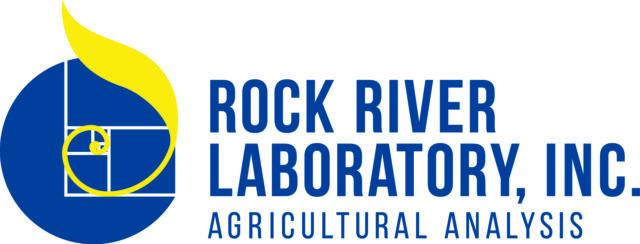My Googling led me to a post on the website “Happier Human”. The post has links to more than 40 research studies on gratitude. Allow me to give you some of the highlights.
Gratitude makes you happy
Studies found a five-minute-a-day gratitude journal increased long-term well-being by 10 percent. The amount of happiness felt while and immediately after writing for those five minutes is small but, when done over several months, the exercise creates positive feedback loops – generating gratitude to occur longer and for more areas of your life.
Gratitude makes you more optimistic, less materialistic, more spiritual, less self-centered and have more self-esteem. All of these lead to more happiness.
Gratitude improves sleep
If you’re going to bed worrying about the farm or your kids, your stress level goes up, which inhibits long and restful sleep. This also starts a vicious cycle, as your mood and energy levels suffer from lack of quality sleep. If instead you think about a few things you’re grateful for that day, it helps to relax you, which results in better sleep.
In a study of 65 people with a chronic pain condition, those who were assigned a gratitude journal each night said they had half-an-hour more sleep compared to those who did not keep the journal.
Gratitude helps you bounce back
Research suggests by practicing gratitude and creating those positive feedback loops, you’re retraining your brain to better store and appreciate positive experiences and thoughts and to deflect negative ones. Those who practice gratitude are more resilient. They’re more likely to seek out and have social support and also less likely to develop post-traumatic stress disorder.
Now these are just the direct benefits of gratitude, but gratitude has a ripple effect on those around you too. A 2010 study showed managers who expressed gratitude to their employees enabled them to feel socially valued and inspired them to work harder. Also, those who are more grateful tend to have deeper friendships and stronger marriages. And finally there’s the “pay it forward” concept, where people who observe or are on the receiving end of someone expressing gratitude are inspired to express gratitude themselves.
How do we develop gratitude?
I don’t yet know the answer to this question, but my goal in 2019 is to find out. I’m planning to go on my gratitude journey in three ways:
• Write about it
Gratitude journals look to start as low as $7 or $8 on Amazon, but I’m planning to just write in a notebook of three things I’m grateful for each evening before I head to bed.
• Read about it
I’m going to start with reading the books The Gratitude Diaries: How a Year Looking on the Bright Side Can Transform Your Life by Janice Kaplan and BlessBack: Thank Those Who Shaped Your Life by Julie Saffrin. Feel free to send me suggestions of books on gratitude that have impacted your life.
• Share it
This is the area I’m most looking forward to developing next year. I know I need to do better at appreciating my husband, our daughter, our families and friends. I hope this gratitude project will spark ideas for me to show my appreciation to them as well as help me to think about who else in my life could use some gratitude.
If you’re looking for a word of the year, a new New Year’s resolution or just a way to be happier, I invite you to adopt an attitude of gratitude with me. And let me start by saying thank you, readers. I’m so grateful you subscribe to this publication and find value in its pages. ![]()

-
Emily Gwin
- Editor
- Progressive Dairyman
- Email Emily Gwin







